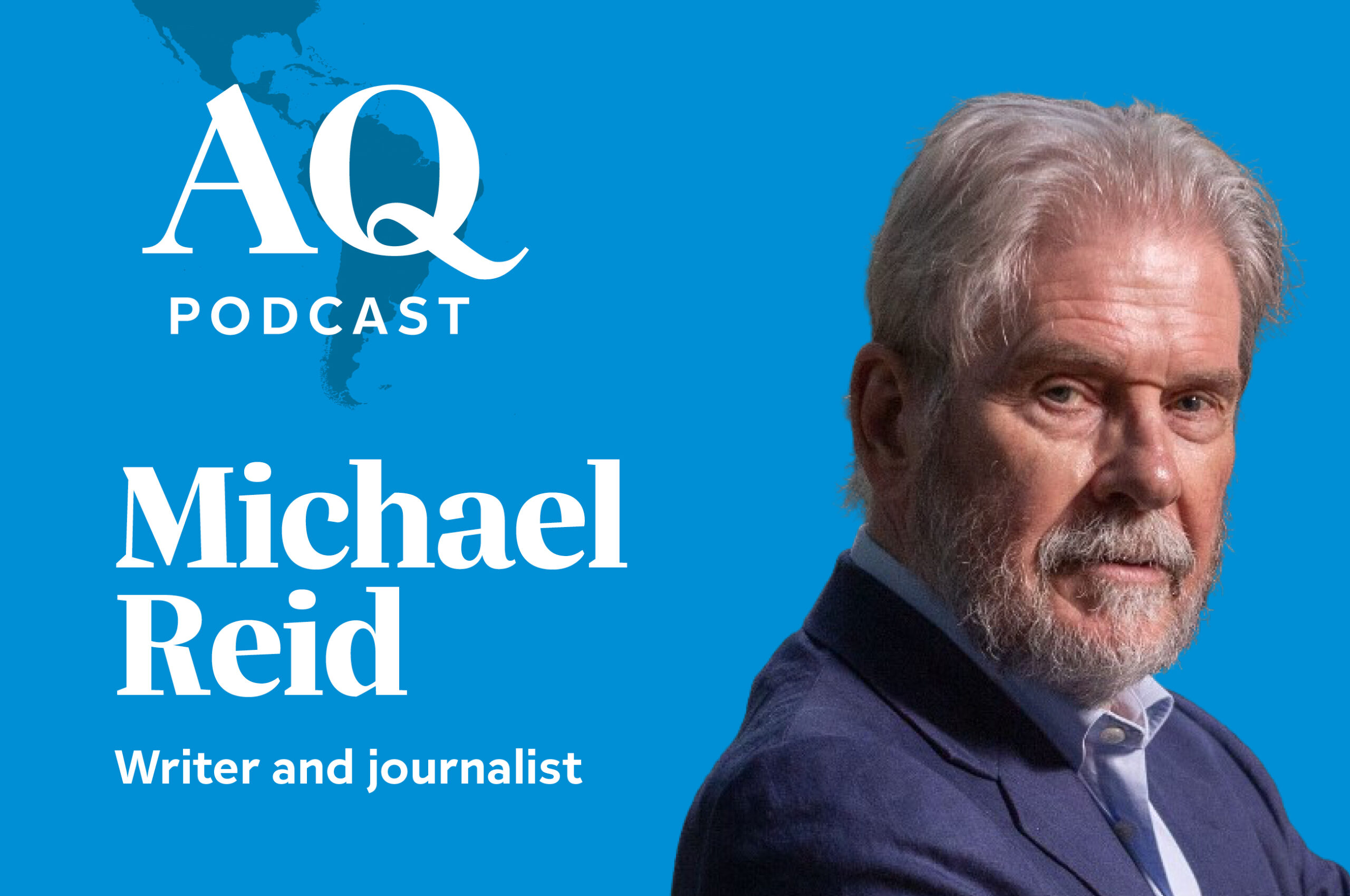Obama Augurs Better Regional Relations
Obama Augurs Better Regional Relations
Latin Americans want Washington to join them as partners on the international stage, says Christopher Sabatini in an op-ed in the Miami Herald, citing essays from hemispheric leaders to President-elect Obama in the latest issue of Americas Quarterly.
Fernando Henrique Cardoso, a former president of Brazil, once quipped that the U.S. presidency carries so much importance globally that everyone should have the right to cast a ballot. He was not proposing a radical change of national sovereignty so much as reflecting the stake the world has in the U.S. elections, and now in President-elect Barack Obama.
Nowhere is this felt more closely than in Latin America. Directly affected by U.S. policies on immigration, anti-narcotics, security and trade, Latin Americans watched the campaign intensely, parsed every candidate's comments and many rejoiced in Obama's election.
Initial concern over Obama's position on free trade fade each day with the naming of his economic team.
The appointment of moderate, capable economists and public servants -- such as Tim Geithner at Treasury, Larry Summers at the National Economic Council and Bill Richardson at Commerce (who closed his press conference promising to promote closer relations in the hemisphere -- in Spanish!) -- indicate that an Obama administration will be more free trade than he indicated on the campaign trail.
This is good news, particularly, for the Panamanians and Colombians since both have a pending free-trade agreement with the United States. But it also raises the promise of a broader, hemispheric and global free-trade agenda and attention to the effects of the glocal economic downturn on Latin America. Many of these people orchestrated the U.S. Treasury's bailout of Mexico during the ''Tequila Crisis.''
But what do Latin Americans expect from the Obama administration different from the last administration? Asking this is more than an exercise in global empathy. U.S. domestic and foreign policy goals depend on the cooperation of our neighbors to the south: restarting the Doha Round of free-trade talks, combating the flow of narcotics, tackling criminal networks and securing a rational flow of labor.
In the run-up to the presidential elections, Americas Quarterly solicited over 30 essays from non-U.S. ''Americans'': Latin Americans and Canadians. It included President Michelle Bachelet of Chile, President Leonel Fernández of the Dominican Republic, President and Nobel Prize Laureate Oscar Arias of Costa Rica, Foreign Minister of Brazil Celso Amorim, as well as business leaders, bankers, human rights and environmental activists, and indigenous leaders. Despite the diversity, a remarkable consensus emerged.
• The first is to be treated as partners. The overwhelming agreement, from presidents to activists, is that Latin America has evolved in the last eight years, on everything from global-trade relations to dealing with intra-regional flashpoints.
Countries such as Chile, Mexico, Peru and Colombia have developed a web of free-trade agreements globally while the U.S. Congress dawdled on approving the Peru-U.S. free trade agreement and the pending Colombia and Panama-U.S. free-trade agreements. At the same time, other countries such as Venezuela and Bolivia have turned inward rejecting the orientation toward the U.S. market in an attempt to present an opposite pole to the United States.
• The second is that the region has developed a sharper global perspective and sense of responsibility. Whether it's climate change, crime in Central America, indigenous rights, arms proliferation or human rights, Latin Americans want to step up to the plate internationally. And many are asking the United States to join them in multilateral institutions and protocols to further those goals. In the wake of the financial upheaval, this includes a rethink of international financial institutions that many now see as irrelevant to the current crisis.
• The third is that for anyone south of the Rio Grande, immigration remains a concern. There is no greater affront to Latin Americans and example of U.S. shortsightedness than the planned fence along the U.S.-Mexico border. To many it symbolizes U.S. isolation and even racism. It also indicates a lack of understanding of the United States' own labor needs. Securing a stable, humane flow of workers to the U.S. labor market is essential to pulling this country out of the current recession.
All of these concerns and points of consensus should matter to U.S. citizens and to the incoming administration. When it comes to the health of the U.S. economy, the security of our borders and the moral authority of our president on issues of democracy and human rights (particularly in countries where democratic institutions have become eroded), Americans -- in the broadest sense -- hope that Obama and his team listen.








